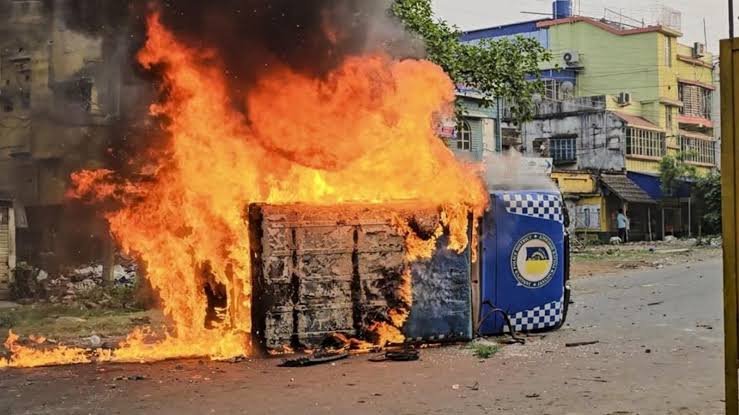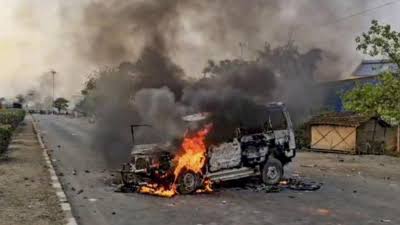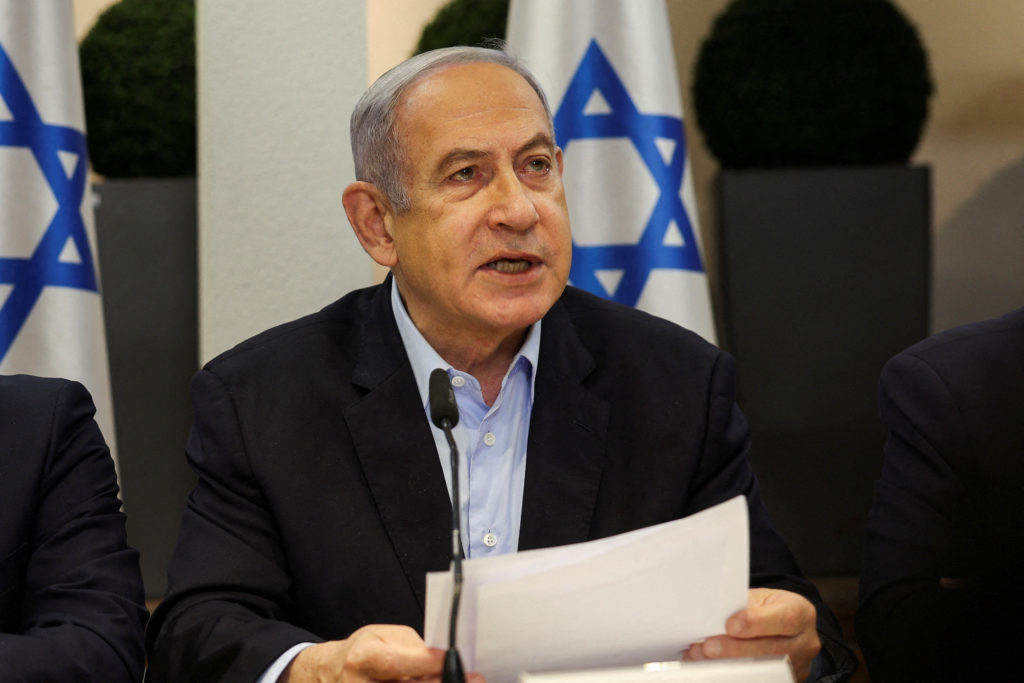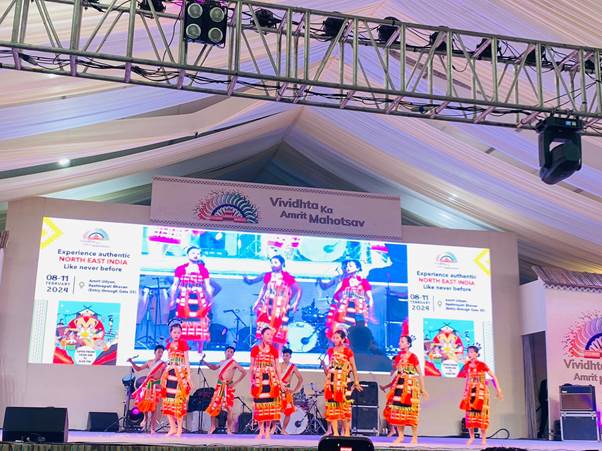In a deeply troubling turn of events, over 400 Hindu residents from the town of Dhulian in West Bengal’s Murshidabad district have reportedly fled their homes following violent clashes over the Waqf (Amendment) Act. The unrest, which allegedly led to the deaths of three individuals and extensive property damage, has left entire families displaced and living in fear. Videos shared from the ground show people taking refuge in temporary shelters across the Ganga river, their faces marked by exhaustion and despair.
 Senior BJP leader Suvendu Adhikari raised the alarm on social media, holding the state administration responsible for what he described as a failure to protect innocent citizens. He accused the ruling Trinamool Congress of enabling an environment where radical elements feel emboldened, claiming the violence was religiously motivated and targeted specifically at the Hindu community. In his message, Adhikari appealed for urgent intervention from central forces, requesting the Border Security Force, along with local police and administration, to ensure the safe return of those displaced.
Senior BJP leader Suvendu Adhikari raised the alarm on social media, holding the state administration responsible for what he described as a failure to protect innocent citizens. He accused the ruling Trinamool Congress of enabling an environment where radical elements feel emboldened, claiming the violence was religiously motivated and targeted specifically at the Hindu community. In his message, Adhikari appealed for urgent intervention from central forces, requesting the Border Security Force, along with local police and administration, to ensure the safe return of those displaced.
Some of the affected residents shared heart-wrenching testimonies, alleging that their homes were set ablaze while police stood by helplessly or retreated from the scene. The sense of abandonment by authorities is palpable, as people try to come to terms with the loss of their homes, their livelihoods, and their sense of safety.
The situation has prompted a strong response from the judiciary. Following the Calcutta High Court’s intervention, five companies of the BSF were deployed to assist in restoring order and calming tensions. The court has also asked both the state and central governments to submit detailed reports on the violence, with further hearings scheduled for later this month.
Voices from the opposition, including BJP spokesperson Shehzad Poonawalla, have accused the state government of turning a blind eye to what they describe as “targeted violence.” Citing temple desecrations and selective attacks on Hindu homes and businesses, he painted a grim picture of religious persecution and political neglect. These are heavy claims—ones that deserve careful scrutiny—but they also reflect a broader anxiety and unrest that seems to have gripped the affected communities.
The violence and the mass displacement of families have shaken the social fabric of a region known for its historical coexistence. While political parties trade blame, the ground reality remains stark: families uprooted, places of worship desecrated, and a lingering sense of fear hanging over those who have already lost so much. Amid the charged political atmosphere, one hopes that compassion and justice prevail—and that those affected find safety, support, and the reassurance that they are not forgotten.




